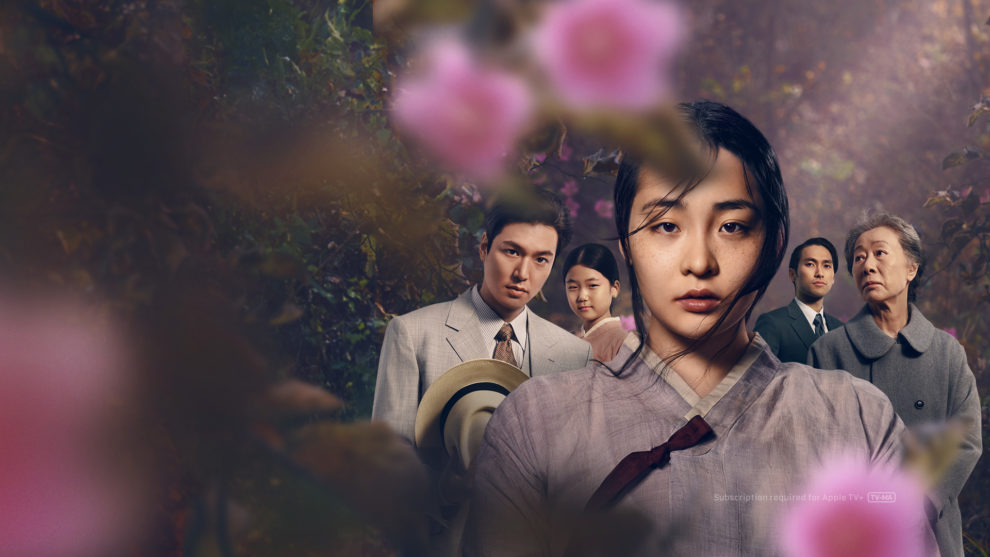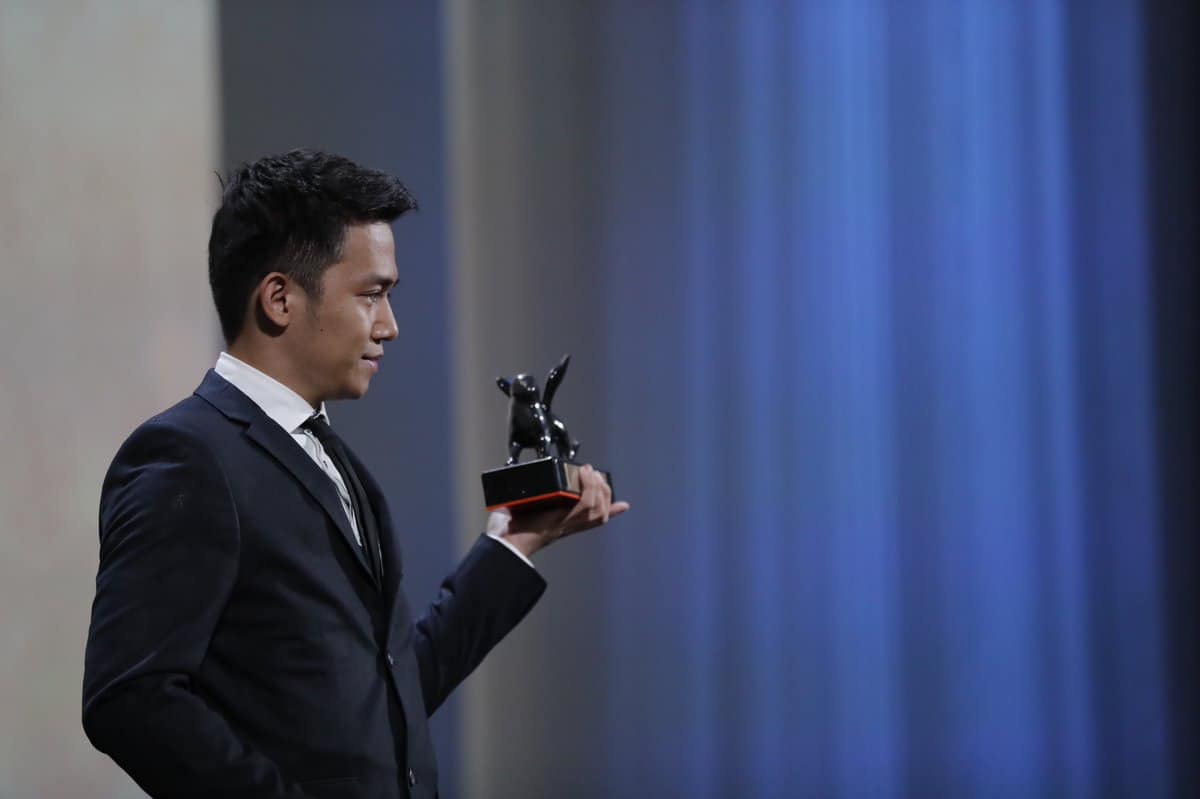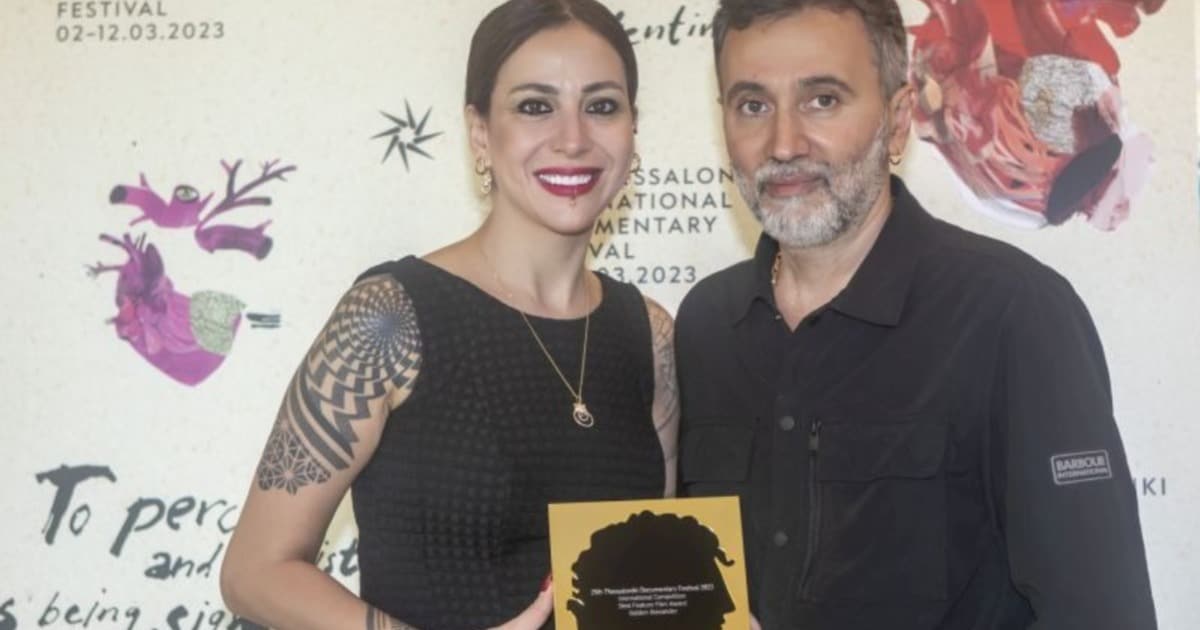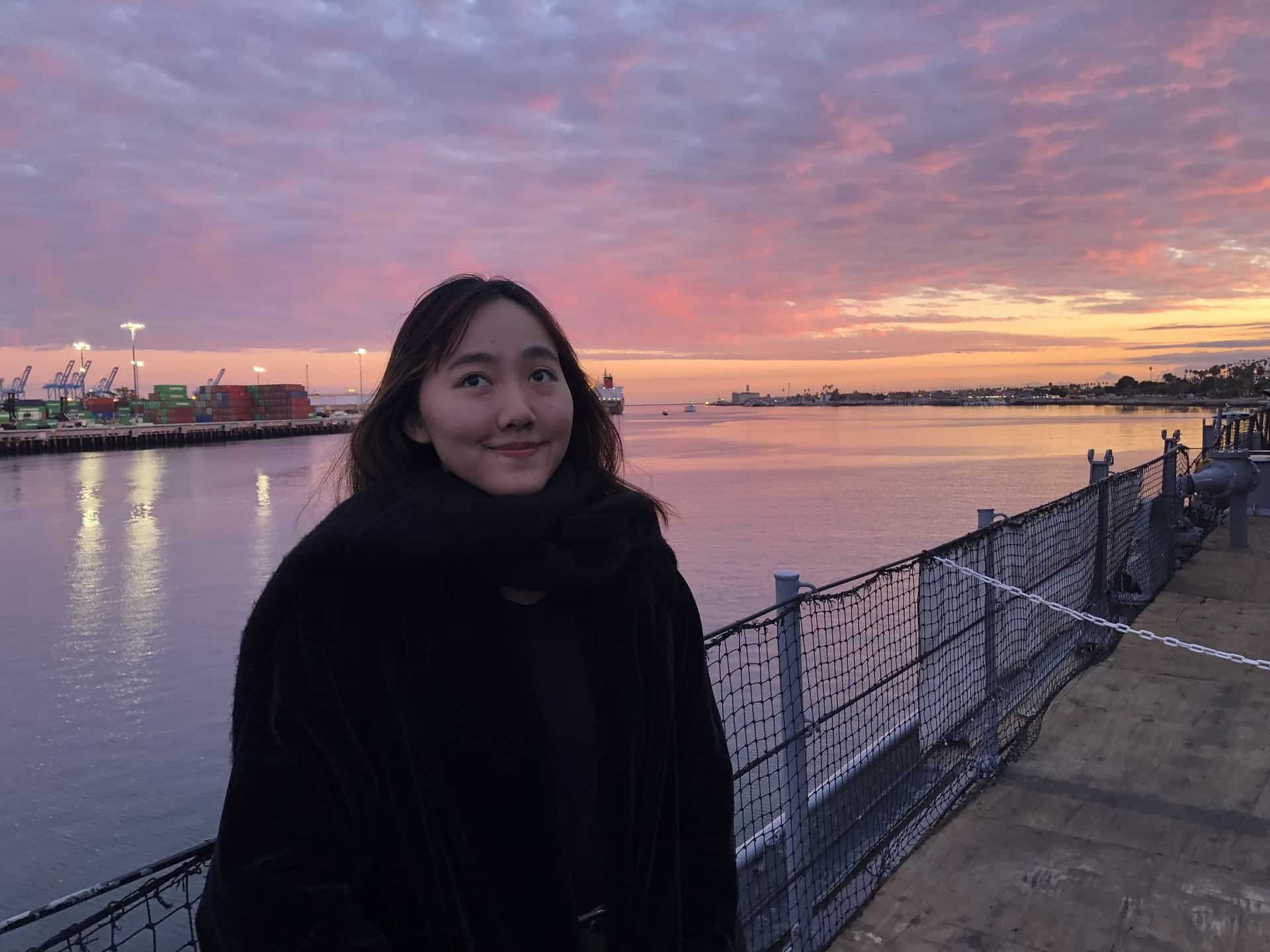While I used to watch series quite a lot a few years ago, considering my regular job and reviewing movies leaves me very little time for them, I have more or less stopped watching them noawadays. Additionally, many modern series tend to rely on the same kind of themes and issues, and quite frankly are aesthetically unappealing to me, which is also why I tend to go for a movie rather than the newest season of “Game of Thrones”. However, there are a few exceptions to the rule, and “Pachinko”, based on Min Jin Lee's novel, certainly counts as one for several reasons. While the series, which is streaming at Apple TV, offers interesting characters and themes, it does not seem to be mentioned in any of the best-of lists (at least not the ones I have read thus far), which is all the more reason to mention it in this format.
The story, for those unfamiliar with novel and the series, is divided into two narrative strands, one following the story of Sunja (Kim Min-ha) during the Japanese occupation of Korea, and the second her grandson Solomon (Jin Ha) in the 1980s. Given the task of finishing a deal in Japan, he travels there to meet, which is both a professional and an emotional challenge, as his family is closely tied to the deal he is supposed to supervise. His father, played by Soji Arai, is the owner of a pachinko parlor, a popular (and perhaps timeless) Japanese past-time activity which serves not just as the title of the series, but also its core metaphor.
For the people we get to meet in the eight episodes of the first season, history is a gamble whose outcome is based on pure luck and perhaps some level of intuition. Even though there are 40 years apart from the two narrative strands, the survival of people still depends on these aspects, as well as adaption to the cultural, political and economic surrounding. Through its cinematography, editing and overall production design, “Pachinko” gives us insights into these two decisive decades for the family, but also hints at the similarity of the two protagonists, as their struggles for recognition and survival certainly have some common ground. Apart from these aspects, it's the performance by actress Kim Min-ha which keeps you invested into the plot and makes the story of a young woman trying to stand her own in an often hostile environment all the more captivating.
In the end, “Pachinko” is a series which has convinced me because of its design, its performances and its themes. Especially those who are unfamiliar with the importance of those periods in time for Korean culture, about Japanese-Korean relations and who are interested in the struggle for one's cultural identity, the series has a lot to offer.















